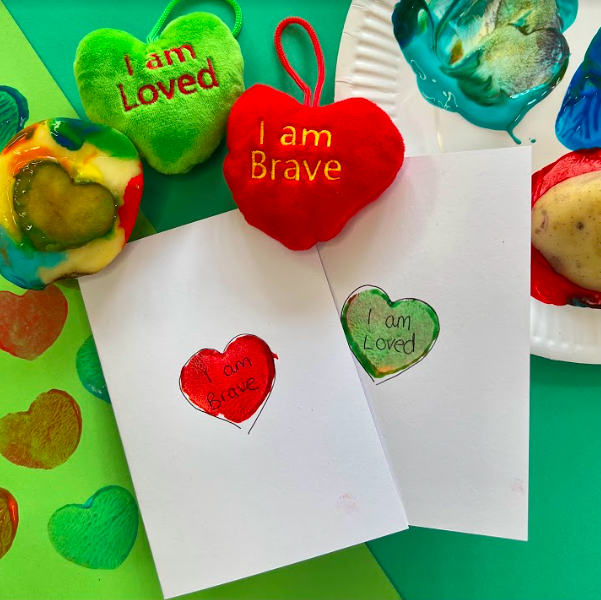When building the vital skills of resilience in children, it’s important to raise awareness of the skills and competencies they already demonstrate. Providing support to strengthen those skills and competencies is the first step to helping them move forward. We have all shown resilience growing up, through what we have survived, how we bounced back, how we have overcome challenges and how we work through the emotional impact. These foundational building blocks can help a person feel empowered to grow from there.
We experience life with what we have and know at the time. The next level of building resilience is to consider what we might have done differently if we were better equipped with tools, techniques, and strategies to deal with our past experiences. We cannot prepare for every event in life, but we can work on ourselves and our children to strengthen these areas.
We all have coping skills, but when life throws us challenges, we can sometimes lose the balance between the logical side of the brain and the emotional side of the brain. When our mind is balanced, it is called the Wise Mind (DBT) If we continue to monitor where we are in our mind, body, and our emotions, we can keep the healthy balance we need to tackle life and its problems.
Taking a pause when we feel ourselves reacting in unhealthy ways to consider alternative responses can help us deal with difficult situations more harmoniously. Stopping to assess situations before we become overwhelmed with emotion can help us to think more clearly. Pausing to take a breath or a moment away, gives us an opportunity to remain curious and ask questions before we judge. It gives us time to become more aware of how situations make us feel or how our behaviour affects others. The positive of this being that we begin to feel more confident because we feel more in control of our emotions, reactions, and interactions with others.
It is likely that none of this information is new, but do you apply what you know to your life? One of the most common things our Counsellors hear from parents in therapy sessions is, ‘I have already tried that.’ But trying once or twice is just a nice idea. Consistency is key to following through on what we want to achieve. There will be times when you need to change track because something isn’t working or your child needs something different. You may tire from the pressures or a lack of support, but keep going, you can do it. Try again and keep going before you give up.
In the workplace it is common for problems to crop up. We take step back to understand what is going on to understand what is needed to solve the problem. We may begin by taking a pause to assess the situation before coming to an alternative solution and selecting the right tools to carry it out. If the problem isn’t straightforward you might talk to someone, ask for help or change the way something is done to solve the problem. But even if you change something up, you’re likely to give it a decent chance before starting all over again. Trying new things is as important as giving new ideas a chance before dismissing them. Apply this important message to to your life.
Emotions can also rise at work, but we usually stay calm and somehow manage to maintain a level of respect for other people and are able to continue with the job. Use the same system at home. When we manage our emotions before we tackle an issue, whether it is a financial, a tantrum or an argument, we will be in a much better position to resolve things.
If we can manage our emotions and come from a more logical perspective, we can solve problems and feel better about our decision-making.
If we avoid problems, they can get bigger and bigger and affect us financially, relationally and behaviorally. We may have emotional outbursts or withdraw when we can’t cope. Relationships break down, aspects of our lives can fall apart and we can find ourselves with only negative thoughts about ourselves and the world around us. And if we remain unaware of the impact of a situation on us and how we react to it, we are unlikely to see the effect it can have on the people around us. Our children.
Tips for positive problem solving
- Take some time to assess how you react to problems
- Make small changes one step at a time
- Get all the information about a situation before responding
- Consider possible solutions before concluding
- Treat problems as challenges to overcome
- Try one solution at a time
- Ask for help when needed
- Plan next steps
- Manage your emotions
What might you need in your life right now to support you, and what do you need to do to get it?
Remember, you have not failed if your first attempt does not work, just try another solution. Always praise yourself for making positive changes in your life.
Here are some healthy distractions to reduce negative thoughts:
- Listen to music
- Write your thoughts down
- Paint or draw
- Exercise or go for a walk
- Consider your diet
- Rest and sleep
- Spend time in nature




